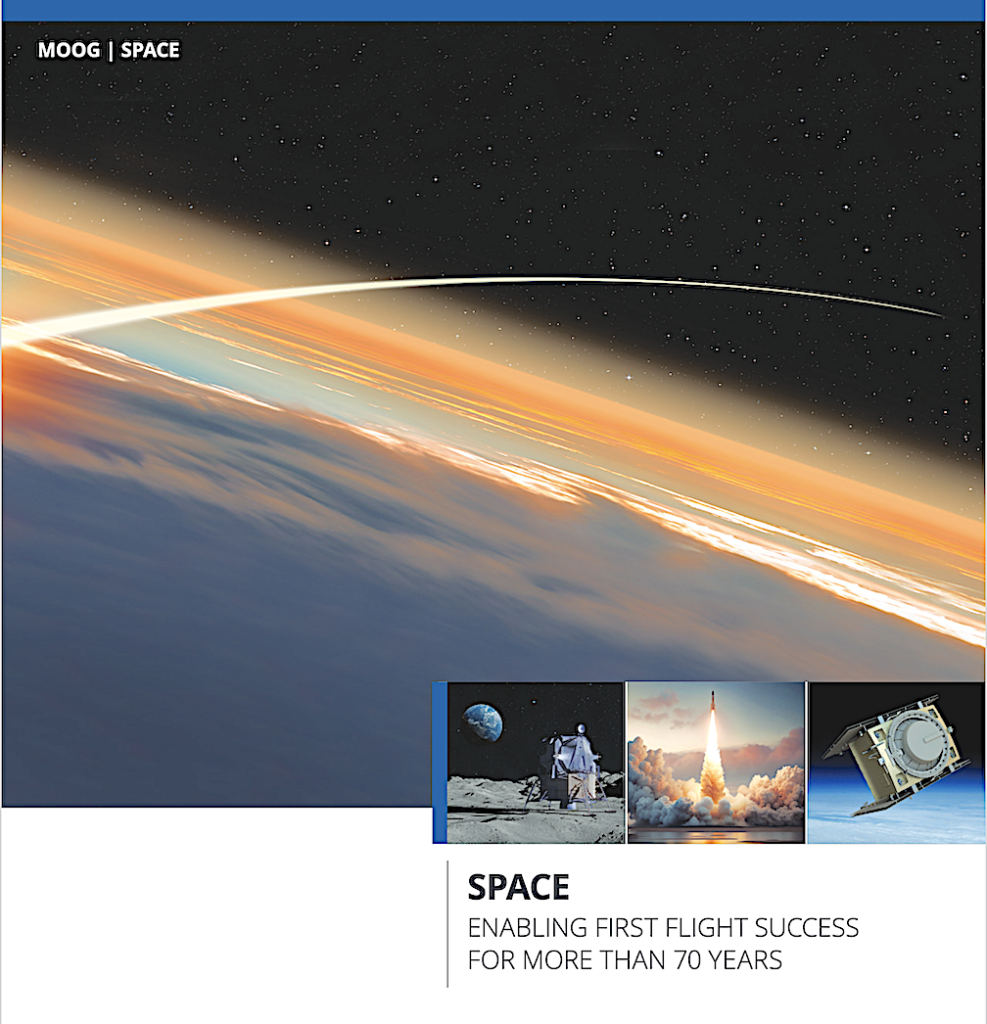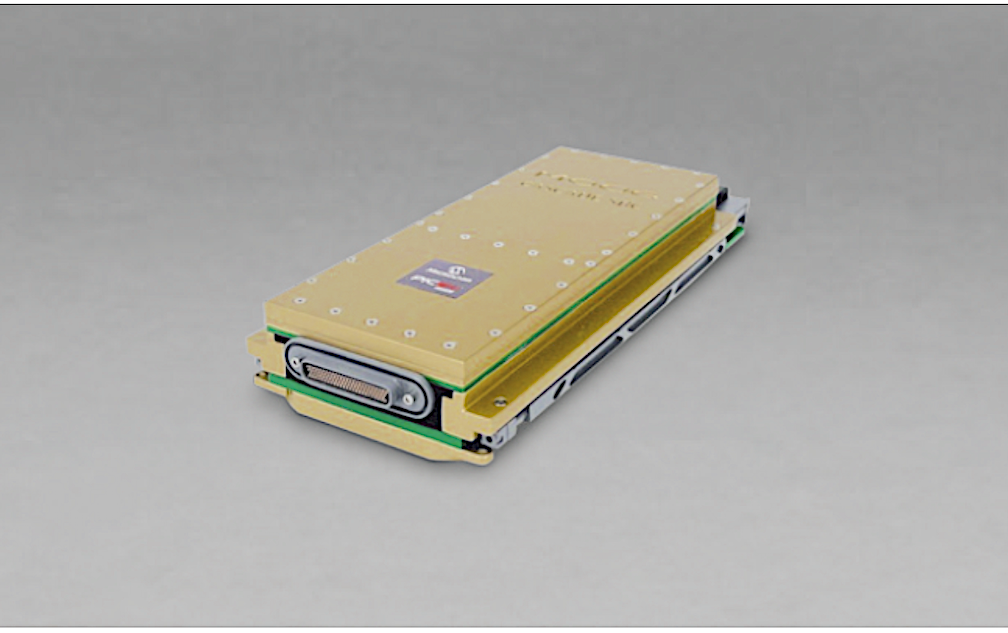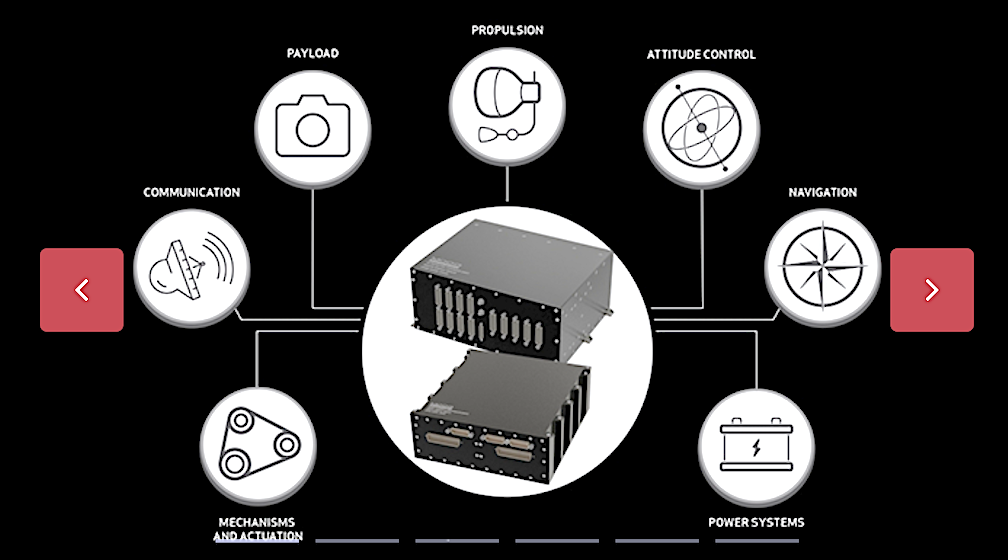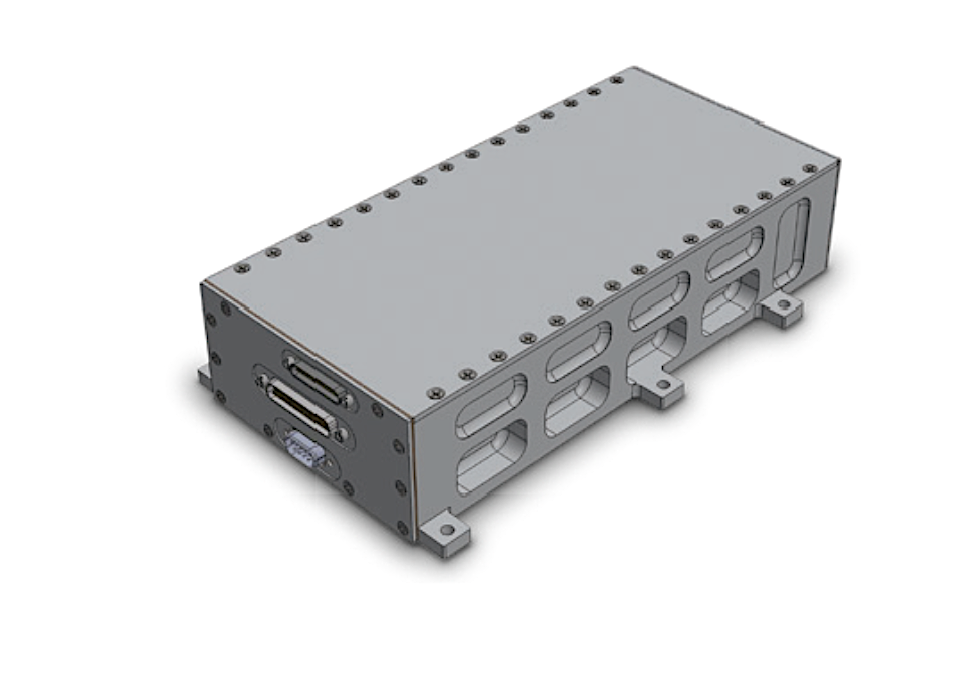
Moog Inc. (NYSE: MOG.A and MOG.B), a designer, manufacturer, and integrator of precision motion control components and systems, releases its newest space computer to support the next-generation of on-orbit computing needs. The Moog Cascade Single Board Computer (SBC) is the latest advancement of high-speed, radiation-hardened space computers for multi-mission, bus/payload applications for all orbital regimes.

Moog specializes in spacecraft avionics technology, excelling in radiation-tolerant and radiation-hardened flight computers, memory processors and storage, graphics processing units, and critical avionics for government and commercial applications.

The company’s heritage extends across all orbital missions from LEO through GEO to deep space. The Moog Cascade SBC builds on a continued culture of innovation with decades of flight expertise. It was developed through an internal research and development program in association with Microchip Technology (Nasdaq: MCHP). The collaboration is possible as part of the early-engagement ecosystem for NASA’s next-generation High-Performance Spaceflight Computing (HPSC) processor. Moog Cascade SBC features Microchip’s PIC64-HPSC microprocessor, which is a radiation-hardened, 10-core, RISC-V® processor.

“The Moog Cascade SBC will bring a significant capability to the space community with its high-speed computational, radiation-hardened, interoperability and advanced security features. We are pleased to be working with Microchip, JPL and NASA in advancing this technology for future missions,” said Chris Hodge, Moog Avionics General Manager.
The Moog Cascade SBC incorporates a SpaceVPX interface that is aligned with SOSA standards for maximum interoperability. In addition to advanced computing power, it incorporates Layer 2 Ethernet switch capabilities for data communications, advanced fault-tolerance and correction, as well as critical security protection features. This close collaboration between Moog and Microchip has allowed for an accelerated development cycle and faster time to market.
“We have had a strong, long-standing relationship with Moog, and they have been a great development partner as we work to bring about the next generation of on-orbit computing,” said Maher Fahmi, Corporate Vice President, Microchip Technology’s communications business unit.
